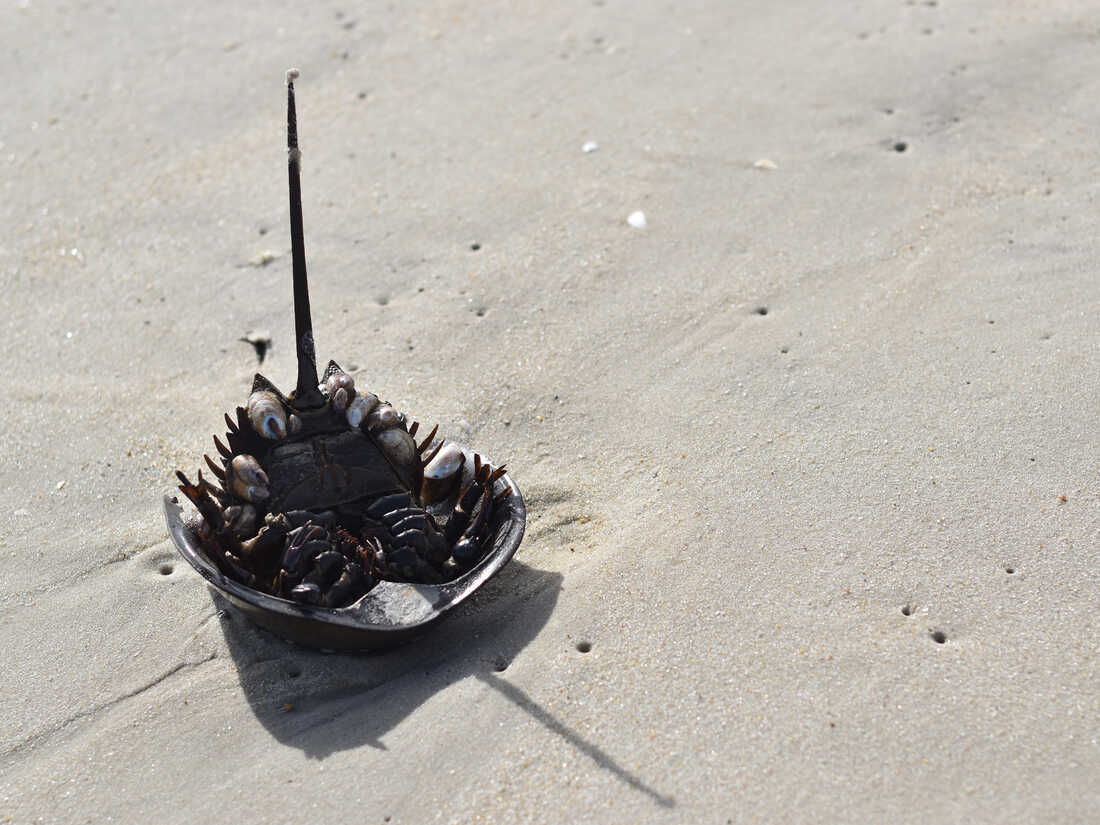Blood
The U.S. horseshoe crab blood harvest is growing. Where’s the accountability? : Short Wave
A dead horseshoe crab lies upside down on the beach in Assateague Island, Md.
Meg Anderson/NPR
Meg Anderson/NPR
For decades, humans have harvested the blood of horseshoe crabs, which is used to test whether many of our vaccines and medicines are contaminated with harmful bacterial toxins.
Some of the crabs die during the harvest process, but the exact number is unclear. The companies that harvest horseshoe crab blood in the U.S. can be secretive—and the state agencies and groups charged with regulating them often conceal basic data about the harvest from the public.
Today on Short Wave, NPR investigative reporter Chiara Eisner talks to host Regina G. Barber about the state of the horseshoe crab industry, and how current practices may be threatening horseshoe crabs and other species in the U.S.—even though alternative, synthetic tests are available.
Listen to more on horseshoe crabs and their role in making medicine safer from Short Wave here.
Listen to Short Wave on Spotify, Apple Podcasts and Google Podcasts.
What science story do you want to hear next on Short Wave? Email us at [email protected].
This episode was produced by Berly McCoy and Monika Evstatieva, edited by Rebecca Ramirez and Barrie Hardymon. Chiara and Barbara Van Woerkom checked the facts.

